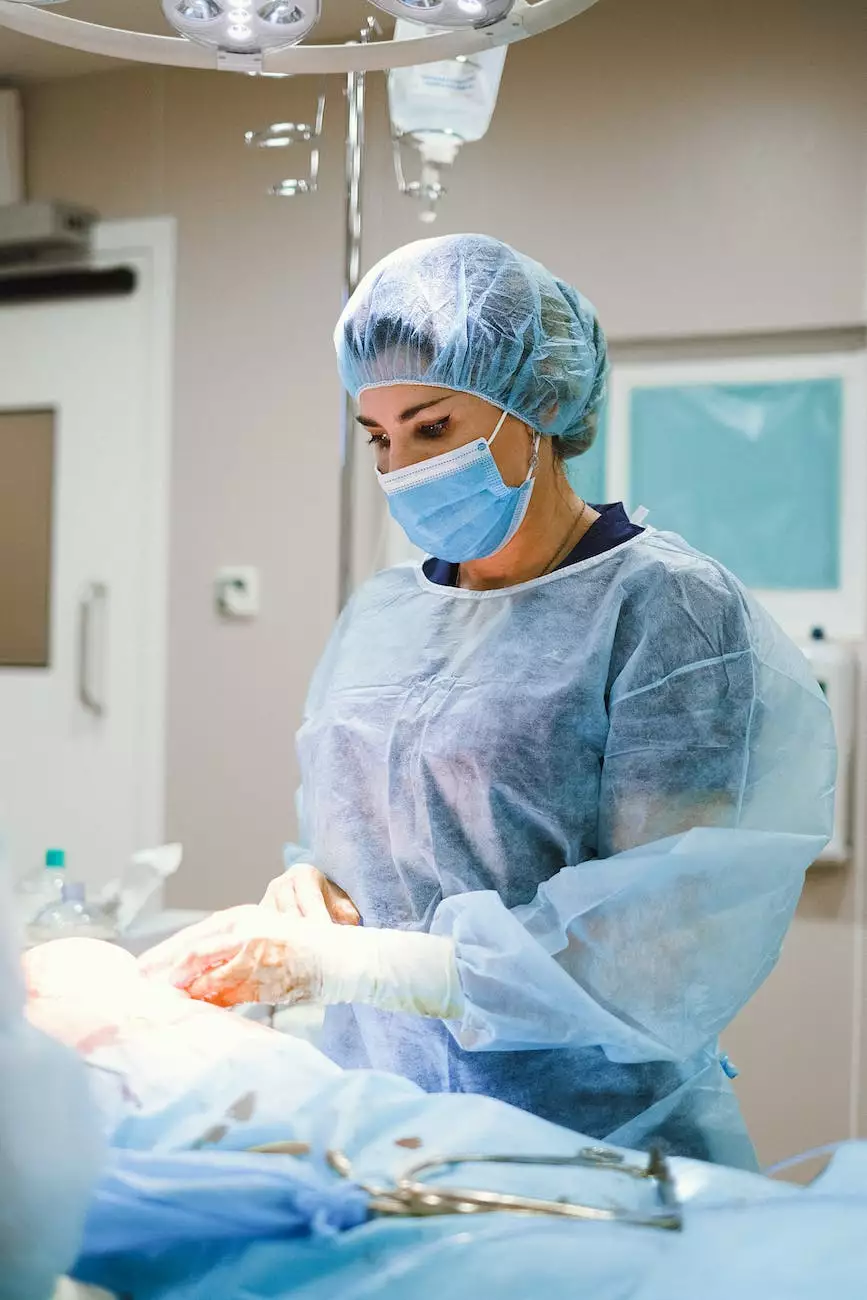The Risks of a Hysterectomy

When it comes to women's health, there are various medical procedures that can be considered, one of them being a hysterectomy. This surgical procedure involves the removal of the uterus, and while it can bring relief and improve the quality of life for certain individuals, it is essential to understand the potential risks and complications associated with it. In this article, we will delve into the important details surrounding the risks of a hysterectomy, enabling you to make an informed decision about your health.
Understanding Hysterectomy
A hysterectomy is a surgical intervention that removes the uterus, either partially or entirely. This procedure may be performed for several reasons, including but not limited to:
- Uterine fibroids
- Endometriosis
- Uterine prolapse
- Abnormal uterine bleeding
- Chronic pelvic pain
- Gynecologic cancer
While a hysterectomy can be a life-changing procedure for those suffering from these conditions, it is important to understand the potential risks involved. Let's explore them further:
Potential Risks and Complications
1. Infection: Just like with any surgical procedure, a hysterectomy carries the risk of infection. Steps are taken to minimize the risk of infection, such as administering antibiotics, but it is still important to be aware of this potential complication.
2. Blood Clots: There is a possibility of developing blood clots either during or after a hysterectomy. Blood clots can potentially travel to other parts of the body, leading to serious complications such as pulmonary embolism, stroke, or heart attack. It is important to discuss your medical history and any potential risk factors for blood clots with your healthcare provider.
3. Damage to Surrounding Organs or Structures: Although rare, there is a risk of unintentional damage to nearby organs or structures during the procedure. Surgeons take the utmost care to avoid such complications, but it is crucial to be aware of this possibility.
The Importance of Preparing for a Hysterectomy
Preparing for a hysterectomy involves thorough planning and discussion with your healthcare provider. Here are a few important considerations:
1. Educate Yourself
Educating yourself about the procedure, its benefits, and the potential risks is essential. Take the time to research and understand the specifics of your situation. Consult with your healthcare provider to address any questions or concerns you may have.
2. Seek Second Opinions
It is always a wise decision to seek a second opinion before undergoing any major surgical procedure. Different healthcare providers may have varying approaches, and obtaining multiple perspectives can help you make a well-informed decision. Consider seeking a second opinion from an experienced gynecologist or specialist.
3. Discuss Your Options
Depending on your specific condition, there might be alternative treatments or procedures that you can explore before considering a hysterectomy. Talk to your healthcare provider about all available options, including their benefits, risks, and potential outcomes.
4. Understand the Recovery Process
Understanding what to expect during the recovery process is essential. Recovery time can vary based on individual circumstances and the type of hysterectomy performed. Discuss post-operative care, physical restrictions, and any potential complications that may arise during the healing process.
Conclusion
A hysterectomy is a significant medical procedure that carries its own set of risks and potential complications. While it can bring relief and improve the quality of life for many individuals, it is crucial to thoroughly understand the procedure and associated risks before making a decision. By educating yourself, seeking multiple opinions, and discussing your options with qualified healthcare professionals, you will be well-prepared for this journey. Remember, making an informed decision is the key to ensuring the best possible outcome for your health.




